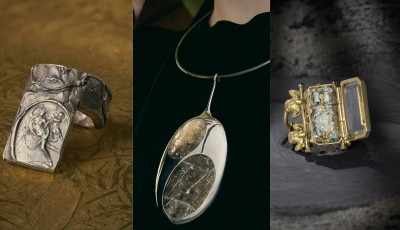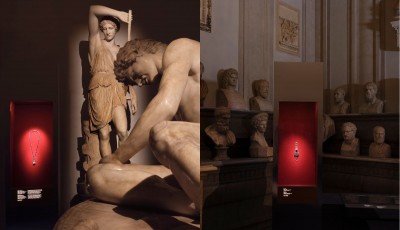The Luxury White Paper
According to a recent study conducted by BCG with Highsnobiety, knowledge will guide the luxury experience and the cultural credibility of a brand, thanks to new consumer profiles such as the Cultural Pioneer
Knowledge is the crucial element of the luxury experience and the guide to cultural credibility, a topic that is central to the new luxury consumer today. This is what emerges from the second edition of the recent New Luxury White Paper entitled “Culture Culture Culture” by Boston Consulting Group, in collaboration with Highsnobiety, which quantifies the changing desires of the luxury consumer across geography, age and time. The focus of the analysis is the behavior of “Cultural Pioneers”, a new group of consumers whose values play a significant role in indicating future trends and whose influence is dictated by their authority. “Cultural Pioneers” are the first to adopt new products, test brands and new ideas, becoming a kind of litmus test to monitor the development of a luxury market that is now more immaterial than ever.
«Brands want to bridge the gap between their intentions and their actions. There are many empty companies, "hollow companies", as Naomi Klein says. That is a problem» - Céline Semaan, Founder at Slow Factory Foundation
«Communities are a lot more dispersed. The way Discord is built as a product is that there are hundreds of different niche subcultures or interest groups that you can affiliate yourself within a single main server, and gain status within those specific areas of the larger community» - Amber Atherton, Head of Strategic Communities at Discord
For the new luxury consumer, the cultural credibility of a brand is therefore driven by stories, traditions, belonging and community. A whole new approach that BCG's White Paper defines as “luxury 3.0”, which mirrors the internet’s evolution into web 3.0 by featuring the decentralization of sources away from the more traditional and authoritative. Therefore, “luxury 3.0” represents a profound change in which individuals and communities have more and more say in the narrative. “Luxury 3.0” thus becomes a perimeter within which luxury brands find new levers and tools to understand how to build credibility by investing directly in the communities where consumers might be and might therefore buy: prioritizing story over product; knowledge over possession; community over crowd; participation and experience over observation. The results are the fruit of research based on the responses of approximately 3,000 “general luxury consumers” and 1,350 “cultural pioneers”, the latter surveyed by part of the Highsnobiety audience. These were supplemented by a series of in-depth interviews with experts from the luxury, fashion and cultural sectors, a summary of which is given below.






